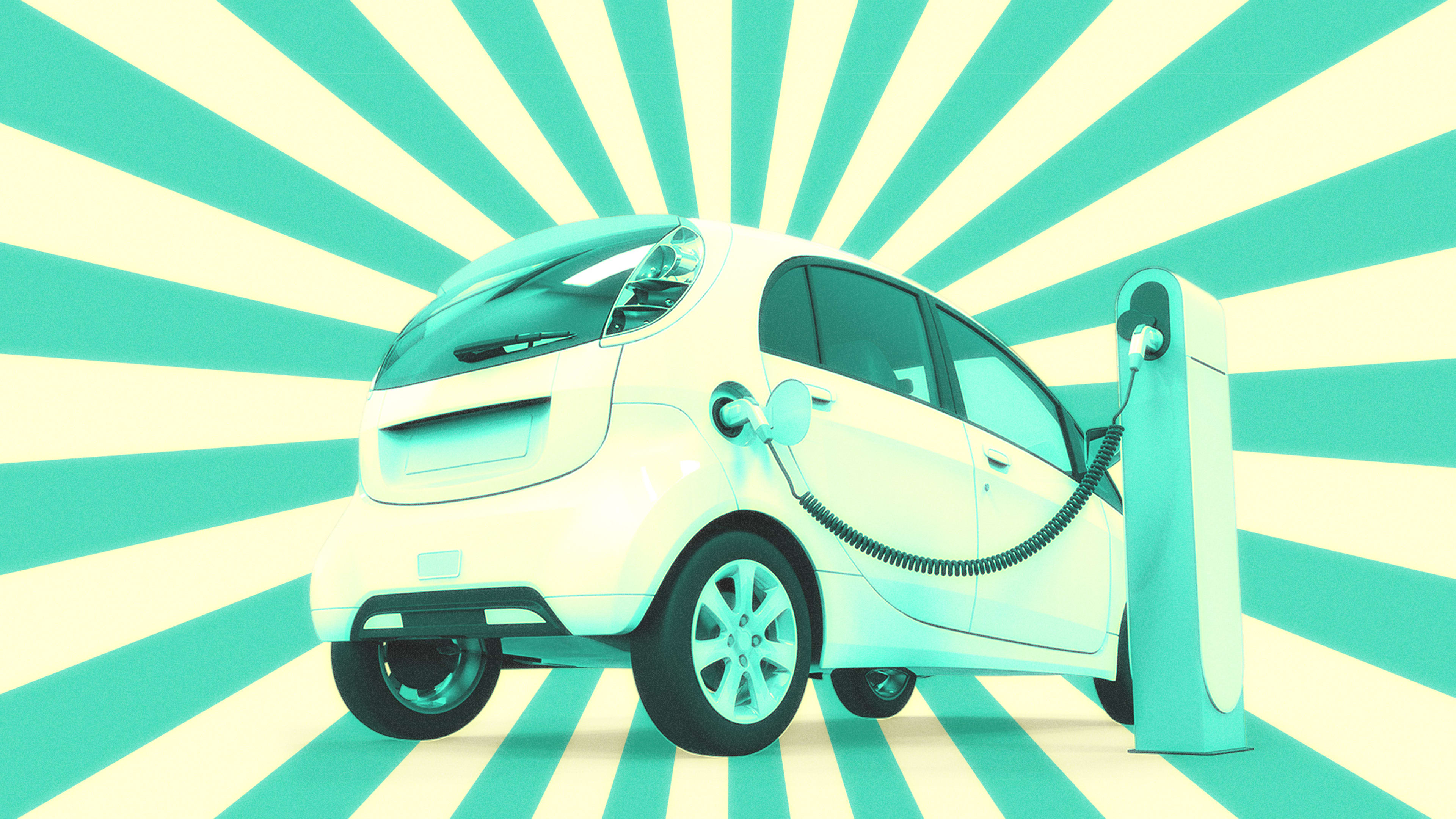Let’s say you’re in the market for a new car. Congratulations! That sounds fun—but also the kind of decision that has important consequences. If you care about global warming at all, for instance, you should prioritize fuel efficiency or going electric. But how do you keep those concerns front and center in the face of so many gleaming tanks with infinite cargo space and butt warmers?
The answer may be to think about another eco-friendly purchase you’ve made in the past: People who were reminded to take pride in a previous sustainable purchase before being asked to consider whether they were willing to buy a low-carbon-emission car were far more likely to theoretically spring for it, compared to those who were asked to relive the guilt of past irresponsible purchases, according to a recent study in the journal Psychology & Marketing. The effect was also far greater than simply not nudging someone to think of anything at all.
“All too often, we sigh deeply, agree how terrible it all is, and fix up our next short break in Italy to help us forget all about it,” says study co-author Hugh Wilson, a professor of marketing at Warwick Business School in an email to Fast Company. “Only a few ‘deep green’ consumers get round to changing their behavior substantially.”
Wilson says the result is an “attitude-behavior gap” that socially conscious marketers—and people trying to improve their own behavior—should keep in mind and try to learn from. “Our newly-published research aims to counteract this helplessness in a rather counter-intuitive way: by helping people feel proud of the decisions they’re already making that help the planet, however small that help may be,” he says.
The study involved 300 postgraduate students in the United Kingdom. In two different exercises, participants were asked to recall a time they engaged in a behavior that was either good or not good for the environment. In the control group, everyone was asked to remember the last time they went to the movies. They were then asked to rate on a scale of one to seven how likely they were to make their next car a low-carbon one.
Those people in the camp already primed to think positively were more likely to have a strong inclination to continue that behavior. The study isn’t clear about what exact behaviors people remembered, but that could be important too. The idea is to engender a feeling of pride—something marketers can likely figure out how to do in a variety of ways. It also doesn’t make clear whether the same technique would work for other purchases.
For anecdotal evidence, Wilson points to power company PG&E’s Marketplace website—created in coordination with the energy-efficiency behavior-science company Enervee—which ranks different household items from refrigerators to thermostats on a scale of eco-friendliness and points out the lifetime energy and cost savings of adopting them. That’s a play on imagining the positivity of your purchase ahead of time—plus there’s a rebate program that’s positioned as an immediate financial reward. Since it was established in 2015, the platform has helped save “enough to power every home in London for the next 10 years,” he says.
This kind of signaling is particularly important because it counteracts the fatigue from so much doom and gloom already in the news cycle. People may not care about future feelings of disappointment if they’re already pessimistic. “Too much guilt, without the hope provided by some pride, can leave people feeling helpless,” Wilson says. “In psychological terms, people’s ‘self-accountability’ can be damaged—their sense that they can make a difference.”
Recognize your brand’s excellence by applying to this year’s Brands That Matter Awards before the early-rate deadline, May 3.
